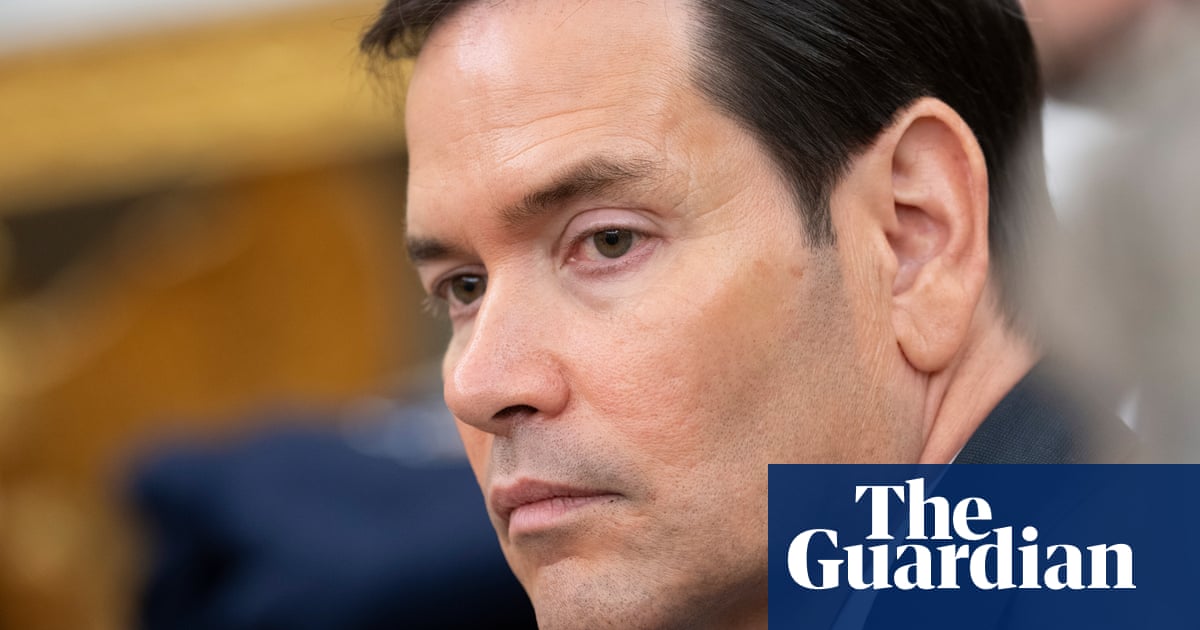The recent announcement regarding the sanctions imposed by the United States on four judges from the International Criminal Court (ICC) sheds light on ongoing tensions between the U.S. and international legal entities. This action is framed as a response to what the U.S. government perceives as politically motivated actions by the ICC that target both the United States and its ally, Israel.
Motivation Behind the Sanctions
The sanctions are primarily positioned as a defense of national sovereignty and security, particularly in the context of the ICC's arrest warrants against Israeli officials. By labeling the ICC's actions as "illegitimate" and "baseless," the U.S. aims to assert its stance against perceived overreach by international bodies. Additionally, the timing of these sanctions coincides with a broader campaign initiated during Donald Trump's administration, which sought to undermine the authority of international courts that challenge U.S. interests.
Public Perception and Messaging
This announcement likely aims to resonate with domestic audiences that support strong nationalistic policies, particularly those who are skeptical of international institutions. The language used by Secretary of State Rubio emphasizes a narrative of victimization and defiance against external scrutiny, which may galvanize support from conservative and pro-Israel groups. The portrayal of the ICC as politicized reinforces a common narrative among certain U.S. factions that view international law as a threat rather than a framework for accountability.
Potential Concealments
While the news focuses on the sanctions, it may obscure broader discussions about accountability regarding war crimes and international law. By framing the ICC's actions as politically motivated, the administration diverts attention from the implications of the allegations against Israeli officials and the potential for accountability regarding the U.S. military's actions abroad. This narrative could serve to protect certain political interests while diminishing the gravity of the allegations.
Credibility of the News
The article presents a mixture of factual reporting and subjective interpretation, which may impact its overall credibility. The use of charged language such as "illegitimate" and "baseless" suggests a bias that aligns with the current U.S. administration's views. The reliance on statements from officials without counterbalancing perspectives may lead to questions regarding objectivity.
Impact on Society and Politics
The sanctions could exacerbate tensions between the U.S. and international judicial bodies, potentially leading to increased isolationist policies. In the context of global politics, this action may embolden other nations to resist international scrutiny and could influence future conflicts by undermining mechanisms for accountability.
Community Support and Target Audience
This news likely appeals to communities that prioritize national sovereignty, including conservative and pro-Israel groups. The framing of the ICC as an adversary aligns with the interests of those who oppose international oversight on U.S. military actions.
Economic and Market Reactions
While the immediate economic impacts may not be directly quantifiable, the broader implications of U.S. sanctions and tensions with international organizations could influence market perceptions of stability in regions affected by U.S. foreign policy. Companies involved in defense or international law might experience fluctuations based on public sentiment and geopolitical developments.
Geopolitical Relevance
The sanctions underscore a significant shift in how the U.S. engages with international institutions, particularly in the context of the ongoing conflict in Gaza and U.S.-Israel relations. This action reflects a larger narrative in global politics regarding the role of international law in state sovereignty and accountability.
Artificial Intelligence Influence
It's possible that AI tools have been utilized in crafting the messaging and framing of this news. Models could have been employed to analyze public sentiment or to generate persuasive language that resonates with targeted audiences. The emphasis on emotional and politically charged language might indicate an effort to amplify certain viewpoints while minimizing dissenting opinions.
Overall, while the announcement presents a clear stance on U.S. foreign policy, it also raises questions about accountability and the role of international law in safeguarding human rights. The potential for manipulation exists, particularly in how facts are presented and the implications of the actions taken by the U.S. government.
